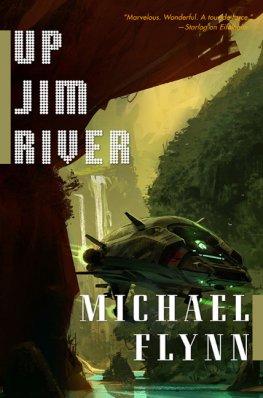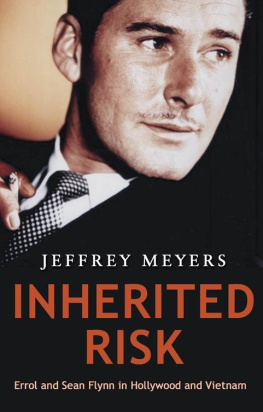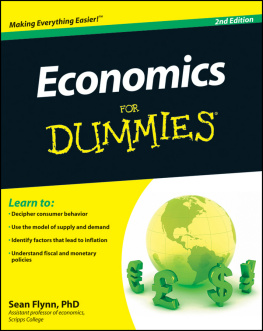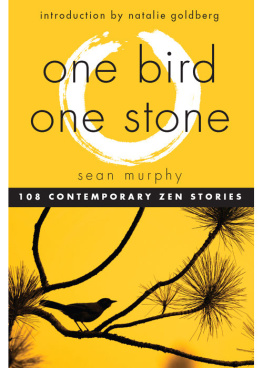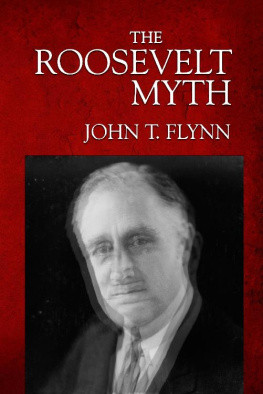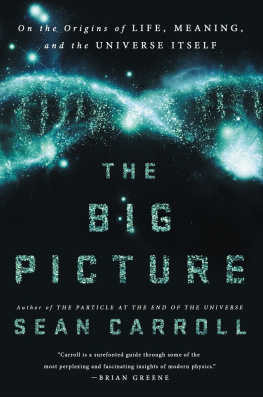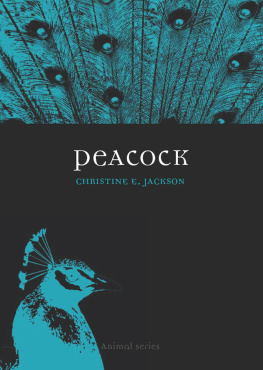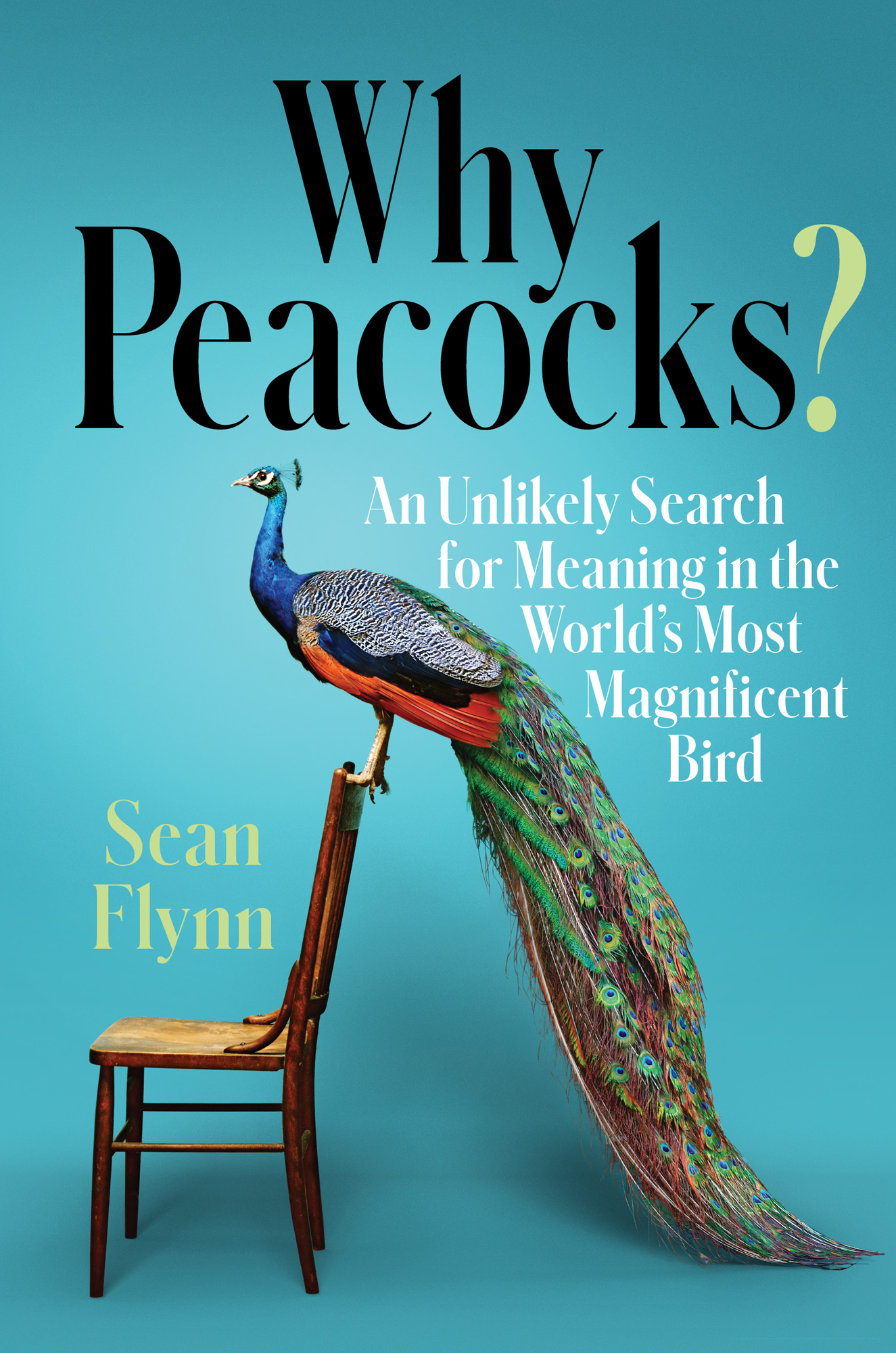Contents
Guide
Why Peacocks?
An Unlikely Search for Meaning in the Worlds Most Magnificent Bird
Sean Flynn

Simon & Schuster
1230 Avenue of the Americas
New York, NY 10020
www.SimonandSchuster.com
Copyright 2021 by Sean Flynn
All rights reserved, including the right to reproduce this book or portions thereof in any form whatsoever. For information, address Simon & Schuster Subsidiary Rights Department, 1230 Avenue of the Americas, New York, NY 10020.
First Simon & Schuster hardcover edition May 2021
SIMON & SCHUSTER and colophon are registered trademarks of Simon & Schuster, Inc.
For information about special discounts for bulk purchases, please contact Simon & Schuster Special Sales at 1-866-506-1949 or .
The Simon & Schuster Speakers Bureau can bring authors to your live event. For more information or to book an event, contact the Simon & Schuster Speakers Bureau at 1-866-248-3049 or visit our website at www.simonspeakers.com.
Interior design by Joy OMeara
Jacket design by Evan Gaffney
Peacock on chair by Catherine Ledner/Getty Images;
Feathers by Douglas Sacha/Getty Images;
Spine photograph by Globalp/Getty Images
Library of Congress Cataloging-in-Publication Data
Names: Flynn, Sean, 1964- author. Title: Why peacocks? : an unlikely search for meaning in the worlds most magnificent bird / Sean Flynn. Description: New York : Simon & Schuster, 2021. | Includes bibliographical. | Summary: An acclaimed journalist seeks to understand the mysterious allure of peacocks-and in the process discovers unexpected and valuable life lessonsProvided by publisher.
Identifiers: LCCN 2020056708 (print) | LCCN 2020056709 (ebook) | ISBN 9781982101077 (hardcover) | ISBN 9781982101084 (paperback) | ISBN 9781982101091 (ebook)
Subjects: LCSH: PeafowlAnecdotes. Classification: LCC QL795.P43 F59 2021 (print) | LCC QL795.P43 (ebook) | DDC 598.6/258dc23
LC record available at https://lccn.loc.gov/2020056708
LC ebook record available at https://lccn.loc.gov/2020056709
ISBN 978-1-9821-0107-7
ISBN 978-1-9821-0109-1 (ebook)
For my boys, Calvin and Emmett
Part One ROOSTING
Chapter One
T he reason to have a peacock, I would have thought, is self-evident.
When you suddenly, and without any relevant experience or hint of prior interest, come into possession of one, it is understandable that people would be curious as to why. Yet they present the question in a way that suggests they genuinely cannot see what should be plainly obvious. Im sure it was from exasperation that George Mallory finally said he was climbing Mount Everest simply because it was there.
So: because of feathers. That is the reason. And colors.
Because a peacock is a wondrously improbable apparition, ethereal, an avian experiment strayed from a misty place where pretty things are whispered about before being made fully real. Because looking at one makes you happy. Because Keats was right about truth and beauty.
Also because, in this particular instance, anyway: Elvis, too. And because the first gifts you give the woman youve already decided you want to marry are freighted with enormously high stakes, some, even, that you cant possibly recognize until many years have passed and then one afternoon there are peacocks in the yard.
We were both writers, she in New York and I in Boston, and we met in the usual way people did before smartphones and swiping apps, which was through friends. When we still lived in different cities, I would pick up Louise at the Back Bay train station and take her to my house in Swampscott, a hamlet on the edge of the ocean north of Boston. The drive between the station and the house was a dreary slog past the airport and the greyhound track and sketchy secondhand-car lots on roads clotted with traffic and squeezed by crooked buildings smeared with soot. Im wooing you, I told her on the first visit, which was true. This is the scenic route.
I narrated the highlights as best as I understood them, which was mostly from writing about murder and thieving and the hoodlum idiocy of the decaying Boston mob. I knew a guy who used to fix races, I said when we passed the dog track. He said in a pinch you can just kick em in the nuts. I pointed into one of the denser neighborhoods beyond the guardrail. My first story for the Herald was over there, I said. Convenience-store stickup. Guy got pistol-whipped.
She was charmed by those anecdotes, I told myself, by those dark tales so casually revealed. There is an element of mythmaking in the early days of dating: You craft the best imagined version of yourself, she crafts hers, and if youre lucky, you believe each other long enough for those two stories to twine together and begin to unspool a new one. That, at the time, was my best version: seasoned crime writer.
Louise, for her part, liked to say that she was never more Southern than when she lived in her Brooklyn walk-up. She fried chicken for me in the eight-piece electric skillet her mother mailed from Tennessee, and she gathered fresh collards from the bodega on the corner to stew in salt pork. She slipped spears of pickled okra into glasses of gin poured from the bottle in the freezer. We would sit with our stiff martinis near the window to watch the curious foot traffic circulating through the brownstone across the street. Thats a brothel, isnt it? she whispered one nightnot in judgment, I was certain, but to hint that she, too, was aware of things in the shadows.
Halfway between the train station and my house, traffic often stalled us in front of a storefront the color of penicillin mold called the Green Spot that, from the outside, appeared to sell only three things: lobsters, spider plants, and plaster busts of Elvis. Mob shop, I told her. Thats gotta be a front.
She smiled every time we passed it after that. Mahbstas and lahbstas, shed purr. Lahbstas and mahbstas.
I bought her one of those Elvis busts for our first Valentines Day. A gift under such circumstances has to be precisely calibrated, as it reveals both your intentions and how closely youve been paying attention. A plaster Elvis was playful enough, but it was also hollow, literally and figuratively, and with a coin slot cut through the top. It hardly suggested my depth of feeling. I needed ballast.
She had told me, late one night when the okra spears were almost gone, about the book that made her want to become a writer, Flannery OConnors A Good Man Is Hard to Find. I wasnt very familiar with OConnor, but I knew that the title story involved an escaped convict and multiple homicides, which I took as one of those small illuminating details that suggested Louise and I were well suited for each other.
I tracked down a first edition and had it wrapped and ribboned and leaning against Elviss cheek when she arrived at my house. I baked a chocolate cake, deflated and with frosting like spackle, and set that next to Elvis, too. I thought it important she knew at the beginning that I wasnt afraid to fail.
Almost twenty years later, Elvis is in her office, the chips in his hairline touched up with Sharpie. The book is on a shelf in our bedroom. When I notice it every now and again, I remember Louise in a soft blue sweater and the light of a fire, one knee drawn up to her chin and talking with her hands the way she does when shes especially enthused. Shes telling me for the first time about the Georgia farm where OConnor famously raised peacocks. In Milledgeville, same town as the state penitentiary, shes saying, because by then all of our best stories led to crime. Its where they used to keep the electric chair.


